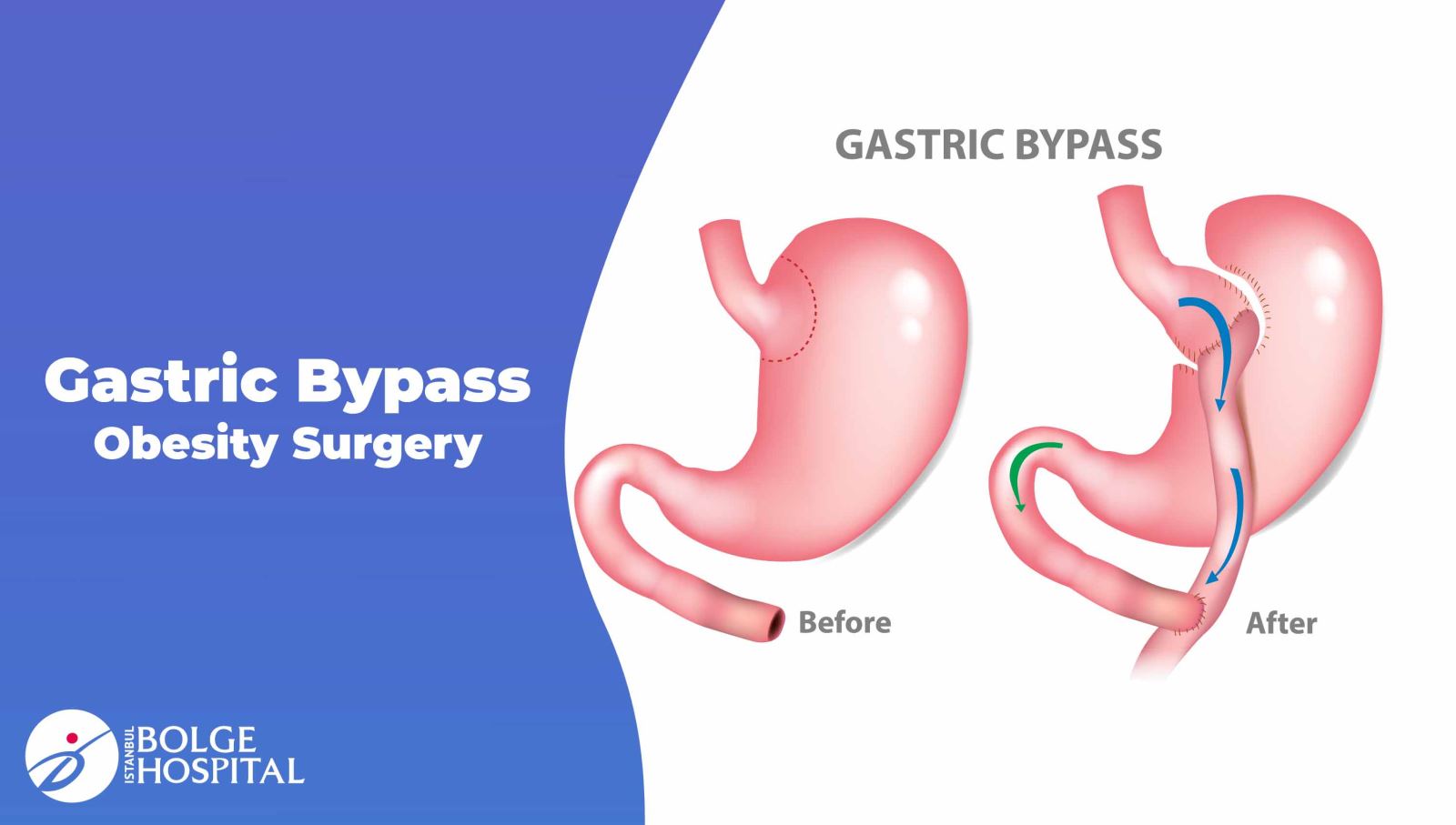
Gastric Bypass
Gastric Bypass is one of the most commonly performed types of bariatric surgery. It is performed when diet and exercise have failed or when the patient has serious health problems due to their weight.
In general, gastric bypass and other weight-loss surgeries could be an option for a patient if:
•The body mass index (BMI) is 40 or higher (extreme obesity).
•The BMI is 35 to 39.9 (obesity), and the patient has a serious weight-related health problem, such as type 2 diabetes, high blood pressure, or severe sleep apnea.
•In some cases, the patient may qualify for certain types of weight-loss surgery if their BMI is 30 to 34 and they have serious weight-related health problems.
However, gastric bypass isn’t for everyone who is severely overweight. Patients may need to meet certain medical guidelines to qualify for weight-loss surgery. They will likely undergo an extensive screening process to determine if they are eligible.
The patient must also be willing to make permanent changes to lead a healthier lifestyle. They may be required to participate in long-term follow-up plans that include monitoring their nutrition, lifestyle, behavior, and medical conditions.
There are different types of surgeries performed to address obesity using today’s technology and possibilities.
After the necessary analyses and evaluations are completed, the appropriate method is decided for the patient. Applying the right method is one of the biggest factors behind success in the process.
Gastric Bypass surgery is one of the most effective methods of obesity surgery. This procedure modifies both the stomach and the small intestine.
Technically, the operation is completed by reducing the size of the stomach, removing a certain part of the small intestine, and connecting it to the stomach. Gastric Bypass patients eat less food due to the reduced stomach size and absorb fewer calories due to the bypass from the smaller stomach to the small intestine. Therefore, weight loss in obesity is achieved through two different mechanisms.
In Gastric Bypass surgery, weight loss begins immediately after the operation. The most important feature of this surgery is that type 2 diabetes in overweight patients is largely cured, regardless of weight loss. The result is not only weight loss but also a significant reduction or elimination of concomitant diseases.
Since all Obesity and Metabolic Surgery operations are performed using minimally invasive (closed) methods, patients' recovery process is much faster.